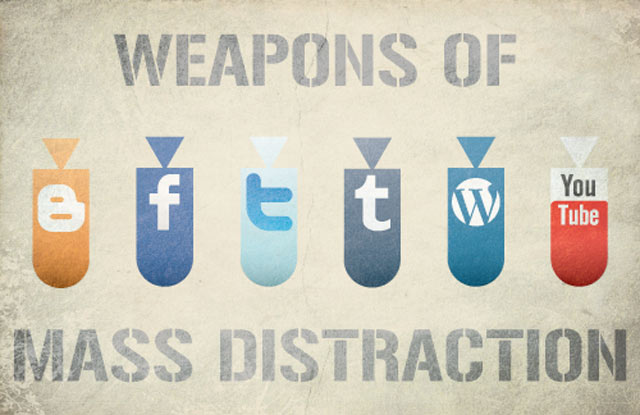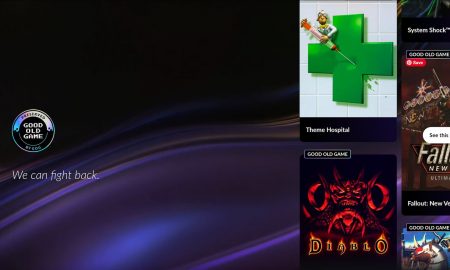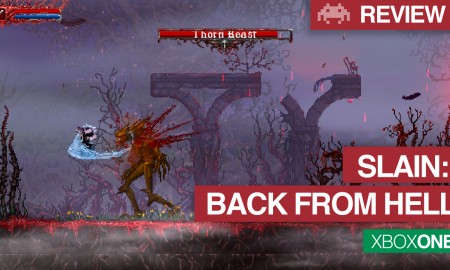

Have you tried reading lately and found that you can’t get through a page or even a single paragraph without getting distracted? You’re not alone. There’s an epidemic of distraction going on, and it’s primarily related to our ability (or necessity) to be constantly connected online.
We’re constantly overwhelmed with distractions when we’re consuming information online. Webpages are designed specifically to sidetrack you as much as possible, with ads, videos and an endless chain of link after link after link. If you just open a fraction of the links on any given page, you’ll open half a dozen tabs in your browser; that’s a recipe for spreading your consciousness pretty thin.
Our brains want to multitask, but in reality, we can only focus on so many things at once. And even then, when multitasking, we do all of those things badly rather than doing one thing well. We feel driven to delve deeper into whatever task we’re focused on. And with complex subjects like programming, networking and design, there are endless libraries, tutorials and links in forum posts that we can follow down the rabbit hole.
After a while, your brain may be locked in permanent distraction mode because that’s what you’ve trained it to do. After a while, it can feel impossible to finish just about anything you’re doing without switching to another problem or activity. That leads to a lot of wasted time, and a lack of thoughtful, attentive problem solving that anything of value really requires, not to mention that distraction is just plain dangerous.
How to Fix Your Concentration
In a way, the problem with our concentration is a result of our brains being too good at what it does. The brain is a plastic, adaptable organ; it can form new pathways and adapt to damage. That also means that your brain can learn new ways of coping, of optimizing itself to the way that you use it. In short, different brain functions like relaxation and concentration are like muscles, and you can exercise them to make them stronger.
If you want to be able to concentrate on a single task for extended periods of time, you can build up that ability by engaging in tasks that require that type of concentration and eliminating the distractions that the internet is so good at giving you. That way, when you are writing code or trying to pin down a bug, you’ll be less apt to get distracted by side tasks or random thoughts, and less likely to get that antsy feeling that you need to switch to something else.
Things you can do to build attentiveness and concentration:
- Start being conscious about the way your mind wanders while you’re coding, debugging or even just reading email. If you find yourself wanting to jump to something else before you really should, force yourself to go back and finish what you were doing before you go on to something new.
- Read books and other long-form content that doesn’t have ads, links or easily accessible distraction. It’ll be easier to avoid distraction reading this type of content, giving you longer stretches of uninterrupted thought.
- Set aside time each day (it can be as little as 15 minutes) where you unplug. Turn off the TV, set aside your phone and computers, and focus your attention on the quiet. Don’t think about the things you have to do, and try not to even let your mind wander. Focusing on focusing on nothing in particular exercises your brain’s ability to stop jumping between multiple lines of thought.
The answer isn’t to simply stop going online or even to stop multitasking. In fact, learning how to better concentrate makes it easier for your mind to focus intently on individual tasks and quickly detach and refocus when needed, making your multitasking more efficient. You have to change the way you think about consuming information and even the way you relax; the fewer distractions the better.
You might stop listening to the radio or even music while you work, maybe even turn off your phone during times you need to be truly productive. Do whatever you feel works for streamlining all of your tasks and taking control of how you register new ones. It’s about exerting more control over your attention to prevent the chaos of distractions from overwhelming your brain’s finite ability to handle them.
Have you noticed that you have problems concentrating, particularly when you’re online? What methods have you developed to help deal with it?



































You must be logged in to post a comment Login